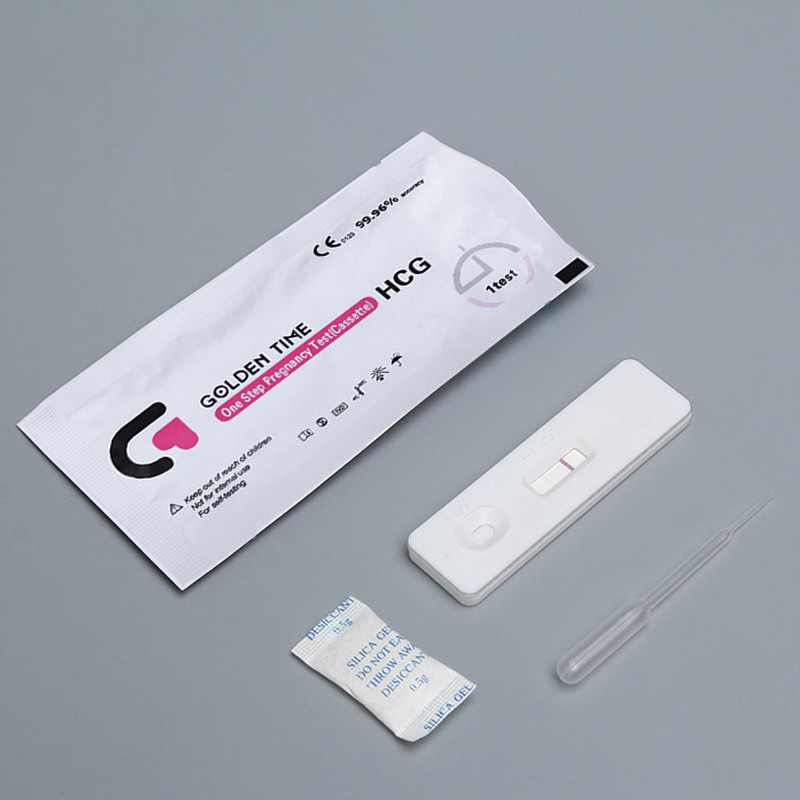Aug . 20, 2024 14:15 Back to list
Top Stool Antigen Tests for H Pylori Detection and Diagnosis
Understanding the Best Helicobacter Pylori Stool Antigen Test
Helicobacter pylori (H. pylori) is a type of bacteria that infects the stomach lining and is known to cause various gastrointestinal problems, including gastritis, peptic ulcers, and even gastric cancer. Diagnosing H. pylori infection is crucial for effective treatment and management of these conditions. Among the various diagnostic methods available, the stool antigen test has emerged as one of the most reliable, non-invasive options.
The H. pylori stool antigen test detects the presence of antigens related to the bacterium in a patient's stool sample. This test is particularly appealing due to its simplicity, ease of administration, and comfort for patients. Unlike invasive procedures such as endoscopy, which can be uncomfortable and requires sedation, the stool antigen test can be done in a physician’s office or at home with minimal preparation.
Understanding the Best Helicobacter Pylori Stool Antigen Test
The testing process is straightforward. Patients are usually required to provide a stool sample, which is then sent to a laboratory for analysis. The laboratory uses immunoassays to detect specific H. pylori antigens. Results typically take a few days to process, and patients can discuss their findings with their healthcare provider. If the test is positive, antibiotic therapy is commonly prescribed to eradicate the bacteria, which is often successful in alleviating symptoms and promoting healing.
best h pylori stool antigen

Another significant benefit of the stool antigen test is its ability to be used for post-treatment confirmation. After completing a course of antibiotics, patients may undergo the stool antigen test again to ensure that the H. pylori infection has been successfully eradicated. This follow-up testing is crucial, as it helps physicians confirm the effectiveness of treatment and decide on further management if the bacteria are still present.
However, it’s essential for patients to follow specific guidelines before taking the stool antigen test to avoid inaccurate results. For instance, patients are generally advised to refrain from taking antibiotics or proton pump inhibitors (PPIs) for a specified period before testing, as these medications can interfere with the detection of antigens. Adhering to these guidelines is vital for obtaining accurate results.
Despite its efficacy, the stool antigen test may not be the preferred method for everyone. In certain cases, physicians may recommend other testing methods such as breath tests or endoscopy, depending on the patient’s symptoms, medical history, and overall health condition. Therefore, discussions between patients and healthcare providers regarding the best testing method tailored to individual needs are essential.
In conclusion, the H. pylori stool antigen test represents a valuable tool for diagnosing and managing H. pylori infections. Its accuracy, patient comfort, and non-invasive nature make it an excellent choice for both initial diagnosis and post-treatment evaluation. As research and technology continue to advance, the role of stool antigen testing in the medical community will likely expand, contributing to improved patient outcomes in the fight against H. pylori-related diseases.
-
Dengue NS1 Rapid Diagnostic Test Kit
NewsMar.07,2025
-
Dengue NS1 Rapid Diagnostic Test Kit
NewsMar.07,2025
-
Dengue NS1 Rapid Diagnostic Test Kit
NewsMar.07,2025
-
Transferrin Rapid Test Cassette Tumor Marker TF Card
NewsMar.07,2025
-
Malaria Pf Pan Rapid Diagnostic Test Kit
NewsMar.07,2025
-
malaria pf / pan ag rapid test
NewsMar.07,2025

